Life Everlasting And the Immensity of the Soul
A Theological Treatise on the Four Last Things: Death, Judgment, Heaven, Hell
Fr. Reginald Garrigou-Lagrange, O.P.
Translated by
Rev. Patrick Cummins, O.S.B.
Monk of Conception Abbey
Imprimi Potest: | Stephen Schappler, O.S.B.
Abbot Coadjutor
Abbey of the Immaculate Conception
February 20, 1952 |
| Imprimatur: | Charles Hubert LeBlond
St. Joseph, Missouri
February 21, 1952 |
Translation copyright 1952 by B. Herder Book Co., St. Louis, Missouri. This book was published by B. Herder in 1952 simply as Life Everlasting .
Life Everlasting is a translation of Leternelle vie et la profondeur de lme .
The type in this book is the property of TAN Books and may not be reproduced, in whole or in part, without written permission of the publisher. (This restriction pertains to the type herein, not to quotations from the book.)
Library of Congress Catalog Card No.: 82-51270
TAN Books
Charlotte, North Carolina
www.TANBooks.com
2013
To the
BLESSED VIRGIN MARY,
Mother of God,
Patroness of a Good Death,
in token of profound gratitude and humble obeisance
PREFACE
W E propose in this book to speak of life everlasting, to show what light falls on our life here below from the life there beyond. Our chief concern will be the immensity of the human soul, first in our present life, then in the particular judgment at the moment when the soul is separated from the body. Thus we shall attain a better understanding, first of what hell is: that boundless void which can never be filled; the unmeasured depths of the soul forever deprived of that sovereign good which alone could fill those depths. Secondly of what purgatory is: the state of the soul which cannot as yet possess God, which is deprived for a period short or long of the vision of God, because by its own fault it was not ready for its appointed meeting. Thirdly of what the moment of entering heaven is, an instantaneous moment which will never pass away: the unchanging possession of life everlasting, of God who alone can fill the boundless depths of the human will. This soul-depth, as we shall see, is explained by the truth that already in the natural order our will is illumined not merely by sense and imagination but by the intellect which, grasping universal reality, grasps likewise universal and boundless good, a good which, speaking concretely, is found in God alone, the infinite good.
Life everlasting then throws great light on our life here below. It draws us up out of our superficiality and drowsiness. It reveals the immensity of our soul, which either must remain eternally in a desert waste or then be completely filled with the eternal possession of God, Truth supreme and Sovereign Good.
The mystics, Tauler above all and Louis de Blois, often use the term soul-depth in a metaphorical sense, in contrast to the exterior sense world. Similarly they use the term soul-height, in contrast to the same sense world as inferior. Less known is the teaching of St. Thomas, who in language less metaphorical explains the immeasurable depths of the will. His doctrine on this point illumines the solution of many great problems and prevents us from resting in a superficial attitude of mind.
We endeavor in the following pages to maintain theological preciseness in the use of terms. In the rare cases where we have recourse to metaphors we note explicitly that we do so of necessity, when proper terms are lacking. Our book is to be a theological treatise on the last things (de novissimis) .
Our purpose is to enlighten souls, to arouse conscience and responsibility. Our book would recall those who may be on the road to perdition, would instruct those who often commit deliberate venial sins, who take no pains to expiate mortal sins already remitted in the tribunal of confession. Above all we would give the reader a high idea of heaven, of eternal happiness, in its opposition to hell, in its retardation by purgatory, in its infinite elevation. To attain heaven is to reach our ultimate and supernatural goal, to see God as He sees Himself, to love Him as He loves Himself, to possess Him unfailingly forever.
A handmaid of God once heard these words: "I gave you a religion of life, and you have made it a religion of formulas. I am the Creator of good, and you have made me a tyrant, since in my precepts you see only what displeases you."
We pray our Lord Jesus and His Blessed Mother to bless these pages that they may bring to many, many souls a benefit that will last for all eternity.
TRANSLATOR'S NOTE
LIFE EVERLASTING is a translation of L'eternelle vie et la profondeur de l'me , published by Descle de Brouwer & C ie , Paris.
CONTENTS
FIRST PART

S OUL IMMENSITY IN OUR PRESENT LIFE

 I
I 

S ENSIBILITY

O RDER demands that we study first the depths of our emotional life as illumined by sense cognition and then those of our voluntary life as illumined by our intellect. Progress in acquired virtue and, still more, progress in infused virtue will reveal immense depths and will clarify in particular the growth of charity in the souls of the saints, both in their hours of trial and in the joy of their apostolic triumphs.
Sensibility, the source of passion and emotion, is, like sense knowledge and imagination, common to animals and men. This sensibility we call sense appetite to distinguish it from the will, which is a spiritual faculty, common to man, angel, and God. Passions, emotions, the movements of sense appetite arise when sense knowledge or imagination puts before us a sense object, attractive or repellent. Thus we note that the desire for food appears under a peaceful form in the dove and the lamb, but under a violent form in the wolf, the tiger, and the lion.
The first among all passions, the source of all others, is sense love, the love, for example, of the animal for the food it needs. From this love rises a series of passions: desire, joy, hope, audacity, hate, aversion, sadness, despair, fear, and anger.
Passion is not always, but may become, keen, vehement, dominating. In man the passions are meant to be ruled and disciplined by reason and will. Thus ruled, they are weapons which defend a great cause. On the contrary, if they remain unruly and undisciplined, they become vices: love becomes gluttony and lust, aversion becomes jealousy and envy, audacity becomes foolhardiness, fear becomes faintheartedness and cowardice.
These wide contrasts, both in good and in evil, show how deep and immense is the world of passion. Even in the animal kingdom what heights are scaled by love and hate: in the lion, for example, attacking his prey, in the lioness defending her young!
But this width and depth of passion is still more immense in man, because man's intellect grasps universal good and man's will desires that boundless good which is found in God alone. Hence when man's will does not follow the straight road to God, when man seeks supreme happiness not in God but in creatures, then his concupiscence becomes insatiable, because he has unlimited desires for a good that is limited. Man's will was created to love supreme good and the irradiations of that supreme good. Hence when the will turns aside, its tendency to universal good continues under that deviation, and this tendency of man's highest faculty now becomes foolish, exercises a lamentable influence on man's lower faculties. This truth is a proof, a sad proof indeed, but still a proof, of the spirituality of the soul. The ruins of decay are a souvenir of grandeur.
Next page
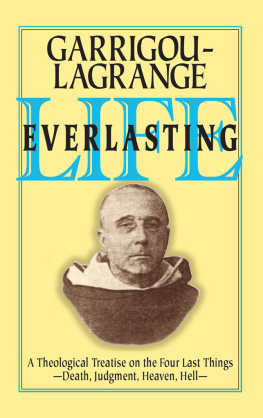
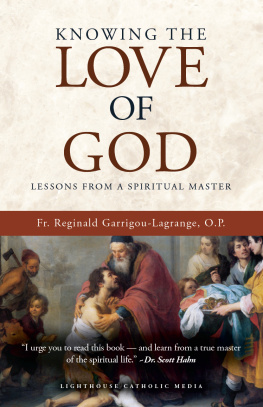
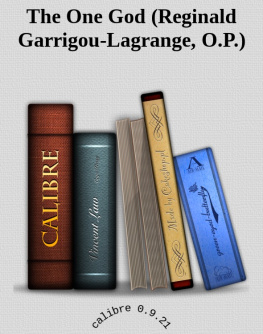
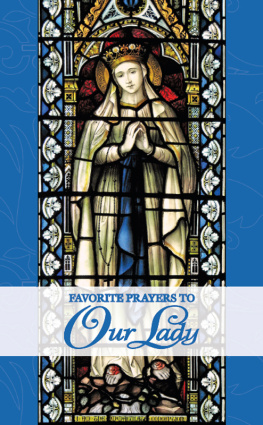
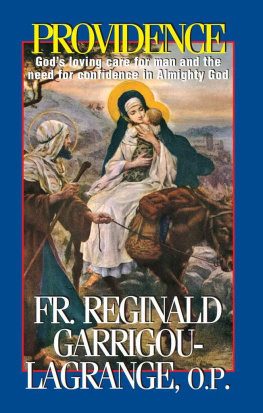
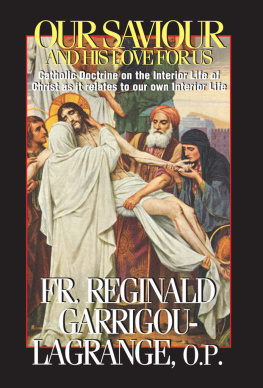
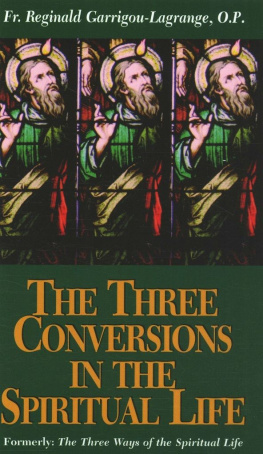
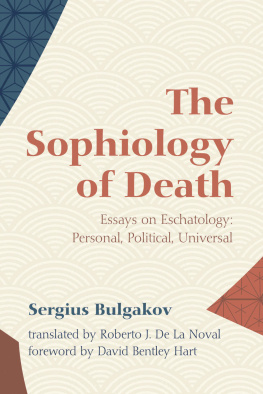
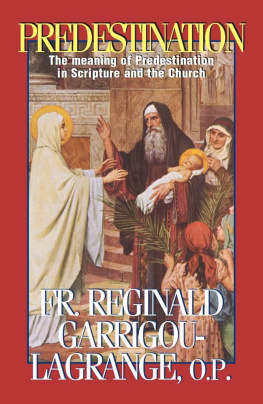
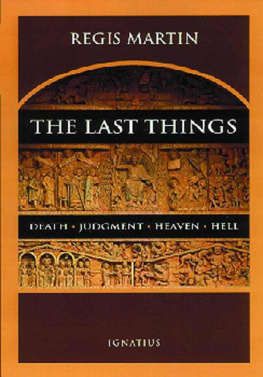

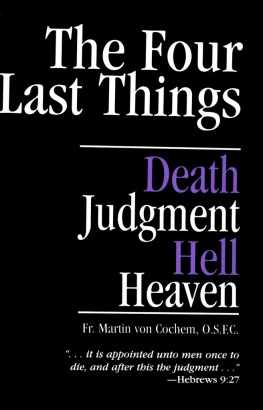
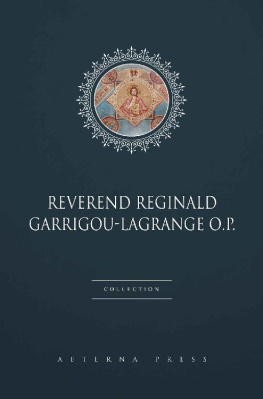


 I
I